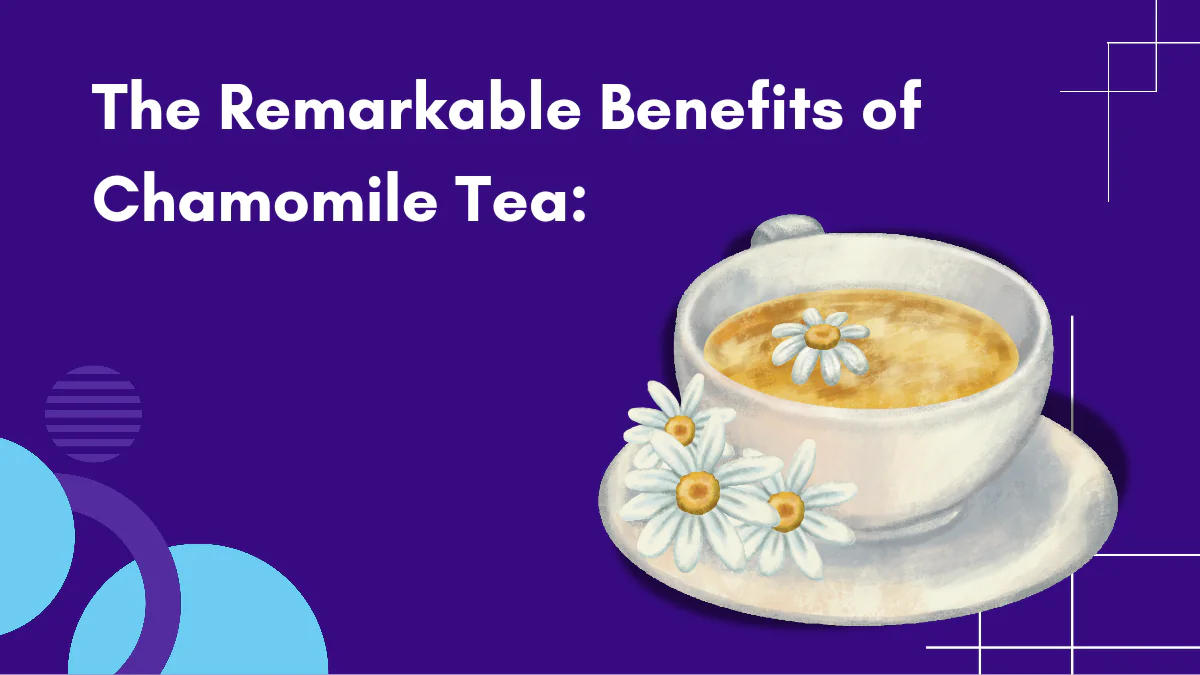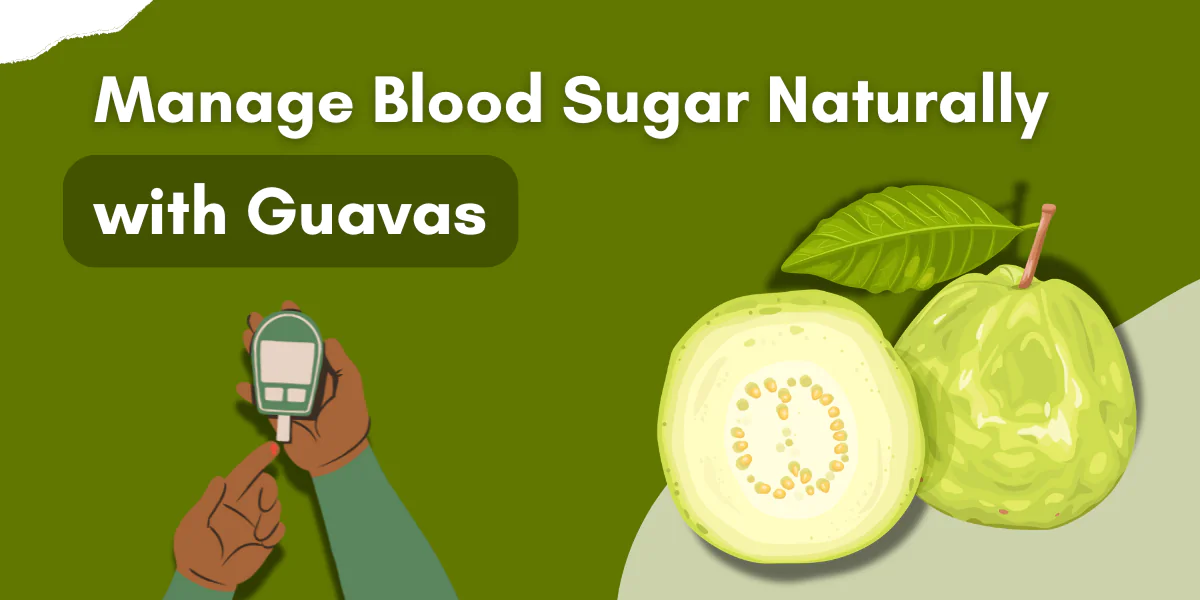Maintaining balanced cholesterol is crucial for heart health and preventing cardiovascular diseases. Elevated LDL, or “bad” cholesterol, significantly increases the risk of heart attacks and strokes. Consequently, incorporating specific foods into your diet can naturally assist in reducing these levels. This guide highlights ten everyday ingredients found in Indian kitchens, celebrated for their cholesterol-lowering properties. Accessible and effective, these foods serve as potent tools on your journey towards improved heart health. Therefore, let’s delve into these ten simple yet impactful kitchen staples, which play crucial roles in maintaining balanced cholesterol levels for a healthier lifestyle.
1. Oats
Image by jcomp on Freepik
Globally recognized, oats are prized for their high soluble fiber content, especially beta-glucan, which effectively lowers LDL cholesterol by binding bile acids and facilitating their removal from the body. Additionally, Indian culinary traditions provide various innovative methods to include oats beyond the typical porridge. For example, you might add oats to traditional breakfast dishes like idlis, dosas, or upma, thereby enhancing their fiber content. Alternatively, savory oat pancakes or nutrient-rich oat smoothies can offer a heart-healthy start to your day. Thus, regular consumption of oats can significantly enhance your cholesterol levels and overall heart health.
2. Almonds
Image by jcomp on Freepik
Rich in monounsaturated and polyunsaturated fats, almonds also provide fiber and vitamin E, which all contribute to heart health and cholesterol management. Moreover, incorporating a daily handful of almonds into your diet can decrease LDL cholesterol levels and reduce heart disease risks. Almonds can be easily integrated into the Indian diet; they can be added to kheer, mixed with yogurt, or used as a crunchy topping for salads and other dishes. However, while almonds offer numerous benefits, they are also high in calories, so moderation is key.
3. Lentils
Image by azerbaijan_stockers on Freepik
Fundamental to Indian cuisine, lentils are an excellent source of protein, fiber, and essential minerals. Furthermore, their high soluble fiber content is instrumental in trapping fats and cholesterol, preventing their absorption within the digestive system. Lentils, versatile in use, form the backbone of numerous Indian dishes, from hearty dals to nourishing soups and refreshing salads. Experimenting with different lentil varieties can add diversity to your diet and enhance its cholesterol-lowering effects.
4. Mustard Oil
Image by efe_madrid on Freepik
Known for its distinctive aroma and health benefits, mustard oil is a traditional cooking ingredient in many Indian households. Additionally, it is high in monounsaturated and polyunsaturated fats, which help reduce LDL cholesterol and improve heart health. Using mustard oil judiciously in cooking, from sautéing to dressing salads, infuses traditional dishes with unique flavors while providing health benefits.
5. Garlic
Image by jcomp on Freepik
Garlic has been a mainstay in Indian cooking and traditional medicine for centuries, known for its extensive health benefits, including its ability to lower cholesterol. It contains allicin, a compound believed to possess lipid-lowering properties. Adding minced or chopped garlic to curries, dals, and vegetable dishes not only enhances flavor but also contributes to a healthier heart. For an even more potent impact, consuming a clove of raw garlic on an empty stomach each morning is recommended.
6. Spinach
Image by rawpixel.com on Freepik
Packed with vitamins, minerals, and antioxidants, spinach is a highly nutritious leafy green, particularly beneficial for cholesterol management due to its high dietary fiber content. Seamlessly integrating spinach into the Indian diet through traditional dishes like palak paneer or spinach dal, or adding it to smoothies and salads, can provide a healthy boost. Regular intake of spinach significantly impacts heart health, contributing to lower cholesterol levels and providing essential nutrients.
7. Amla
Image by Bishnu Sarangi from Pixabay
Renowned for its high vitamin C content, amla, or Indian gooseberry, provides numerous benefits, notably enhancing heart health by lowering cholesterol levels. Consuming amla in various forms—raw, juiced, powdered, or as part of culinary creations—can improve lipid metabolism and reduce oxidative stress, resulting in lower cholesterol levels. Including amla in your daily routine can offer significant health advantages, such as starting your day with refreshing amla juice or incorporating amla powder into your meals.
8. Turmeric
Image by jigsawstocker on Freepik
Integral to Indian cuisine, turmeric features prominently due to its anti-inflammatory and antioxidant properties, primarily attributed to its curcumin content. These properties aid in reducing cholesterol levels and preventing arterial plaque formation. Daily incorporation of turmeric into meals, whether in curries, rice dishes, or dals, provides substantial cholesterol-lowering benefits and contributes to improved heart health.
9. Cumin
Image by rawpixel.com on Freepik
Cumin, a staple in Indian culinary traditions, is recognized for its digestive benefits and potential to improve cholesterol levels. By enhancing metabolic activity and aiding body fat reduction, cumin indirectly supports cholesterol reduction. Enhancing your dishes with cumin, whether as part of spice mixtures, sprinkled on vegetables, or used in tadkas for dals and curries, can aid in better digestion and cholesterol management.
10. Barley
Image by Freepik
Often underutilized in Indian cooking, barley is a nutritious grain rich in beta-glucan, a soluble fiber effective in reducing LDL cholesterol. Barley can be incorporated into various dishes, including soups, salads, and traditional Indian khichdi, to leverage its health benefits. Including barley in your diet can improve heart health by reducing cholesterol levels and aiding in appetite and weight control.
Conclusion
Incorporating these ten ingredients into your daily diet can significantly improve your cholesterol levels and overall heart health. Each food offers a unique set of nutrients and benefits, making them invaluable additions to a heart-healthy diet. However, remember that these dietary changes should complement a broader lifestyle strategy, encompassing regular physical activity and effective stress management. Always consult with a healthcare professional before making significant dietary changes, especially if existing health conditions are present. By embracing these modifications along with the rich flavors of Indian cuisine, you can embark on a path towards a healthier and more vibrant life.
Related : Chia Seeds : Nutrition & Health Benefits
Disclaimer : The information provided on this website/document is not a substitute for professional medical advice, diagnosis, or treatment. If you have any questions or concerns about your health, please consult with a licensed physician or other qualified healthcare provider.






























